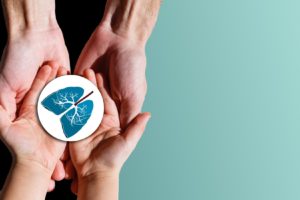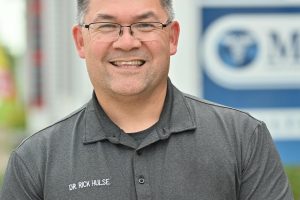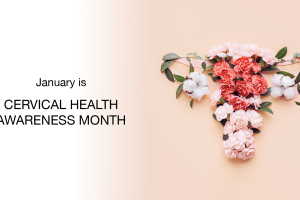
Erie County has lead poisoning rates significantly higher than the state average.
For Immediate Release
Erie, Pa. – MHEDS (Multi-Cultural Health Evaluation Delivery System), Northwest Pennsylvania’s one-stop healthcare services provider serving the multicultural community, announced a major, long-term initiative called “Live Free, Lead-Free.” to mitigate the alarming rates of lead poisoning among Erie’s most vulnerable populations, particularly children and newly arrived refugees. Erie County, which has a substantial population of children under six, faces lead poisoning rates significantly higher than the state average—exceeding the infamous rates found in Flint, Michigan, by more than 1.5 times. The consequences of lead exposure are dire, including irreversible learning difficulties, behavioral problems, and severe health issues such as heart and kidney damage.
“The health of our children is being adversely and irreversibly affected. We also question whether there is a correlation between lead poisoning and educational attainment rates in our public schools,” said Alivia Haibach, CEO of MHEDS. The “Live Free, Lead-Free.” initiative includes screenings and blood level testing, nutritional interventions, ongoing monitoring, and referrals for specialized care. Additionally, MHEDS engaged in robust advocacy efforts with the community’s policy and decision-makers to drive systemic change. “We are tackling this issue head-on and we are asking the community to join us.”
The situation is also dire among newly arrived refugees, many of whom reside in economically disadvantaged areas with older homes containing lead-contaminated paint and plumbing. Pennsylvania ranks fifth in the nation for the percentage of housing built before 1950 when lead was commonly used in construction materials. Additionally, refugees often unknowingly purchase lead-contaminated home products, such as cooking utensils, spices, and cosmetics, from local ethnic stores and online.
“Recognizing the urgent need, we are developing educational materials, including posters and videos, in multiple languages to inform refugees about lead toxicity and its serious health hazards.,” said Dr. Mohammad Iqbal, Mir Wali Khan, Special Projects Manager at MHEDS. “Our goal is to educate and empower our residents to protect themselves and their families by taking action against lead poisoning.”
In addition to educational efforts, MHEDS is planning to distribute home lead testing kits to specific ethnic populations with the highest blood lead levels. This effort, supported by a state grant, aims to promote proactive measures within the community. The organization, through collective action, has also engaged with the City of Erie and the Mayor through New American Council meetings to advocate for stricter regulations and increased funding for lead remediation and education campaigns.
“Through collective community action, we are collaborating with key partners to expand our engagement and advocacy efforts with a focus on surveying the community and strategizing on lead prevention outreach,” said Haibach. “We are absolutely committed to ensuring that our most affected members of our community have access to the vital healthcare, information and resources they need.”
MHEDS is calling on the community to support the “Live Free, Lead-Free” lead mitigation program by participating in Erie Gives Day on August 13th. Donations made on this day will directly fund screenings, blood level testing, nutritional interventions, and ongoing monitoring.
ABOUT MHEDS
Multi-Cultural Health Evaluation Delivery System’s (MHEDS) mission is to enable all who wish to achieve complete mental, physical, and social well-being by providing equitable, culturally sensitive, patient-centered health care, regardless of their ability to pay. MHEDS is Northwest PA’s one-stop healthcare service provider serving Erie’s multicultural community with holistic healthcare at two locations in Erie. As a Federally Qualified Health Center System Look-Alike, MHEDS meets rigorous compliance standards, ensuring its patients receive high-quality, equitable care. Nearly 86% of MHEDS patients speak a native language other than English, including Nepali, Arabic, Swahili, Ukrainian, Russian, or Spanish. MHEDS is a 2021 recipient of the Pennsylvania Office of Refugee Resettlement’s Excellence in Community Engagement Award for valuable contributions to serving the refugee population and operates two locations in Erie, PA.
###








